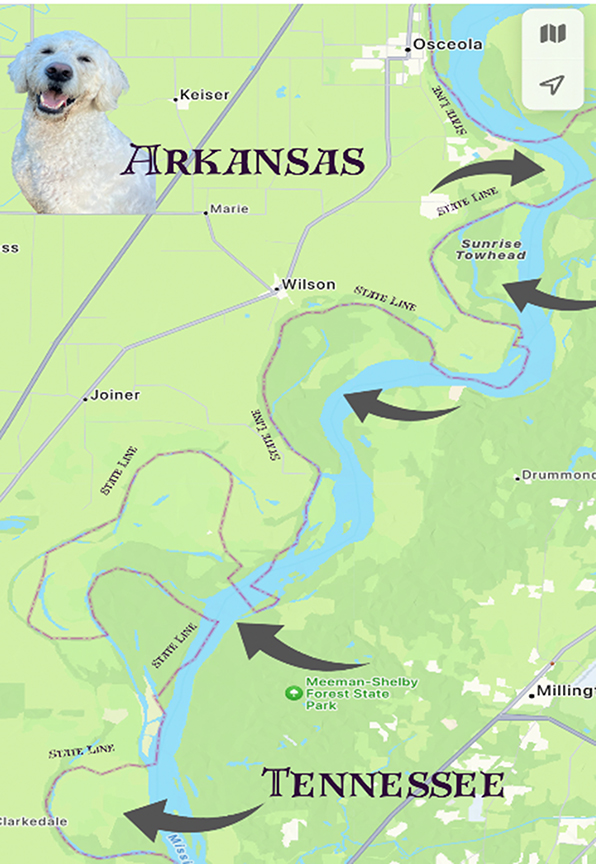
By David Peel
When driving, we often take left turns for granted. However, there are some compelling reasons to avoid them whenever possible. Not only can avoiding left turns reduce the risk of accidents, but it can also improve fuel efficiency and reduce emissions. Companies like UPS have implemented policies to avoid left turns in their fleets for both safety and efficiency reasons.
First and foremost, avoiding left turns can make driving safer. According to the US National Highway Traffic Safety Administration, left turns are responsible for a significant number of accidents each year. In fact, left turns are three times more likely to cause accidents than right turns. This is because left turns require drivers to cross oncoming traffic, which increases the risk of collisions. By avoiding left turns, drivers can significantly reduce the likelihood of accidents and keep themselves and others on the road safe.
In addition to safety benefits, avoiding left turns can also lead to increased fuel efficiency and reduced emissions. This is because idling and waiting to turn left at intersections can waste fuel and contribute to air pollution. You get 0 miles per gallon sitting still. By avoiding left turns, drivers can keep their vehicles moving more efficiently and reduce the amount of time spent idling. This is particularly important for companies and fleets that rely on fuel efficiency to keep costs down and reduce their environmental impact.
One example of a company that has successfully implemented a left-turn avoidance policy is UPS. In the early 2000s, UPS began using sophisticated routing software to optimize their delivery routes and reduce the number of left turns their drivers made. By avoiding left turns, UPS was able to save millions of gallons of fuel each year and reduce their carbon footprint. Other companies, such as FedEx and the US Postal Service, have also implemented similar policies to improve the efficiency and safety of their fleets.
In conclusion, avoiding left turns can have significant benefits for drivers and the environment. By reducing the risk of accidents and improving fuel efficiency, drivers can stay safe on the road while also reducing their impact on the planet. Companies like UPS have demonstrated the effectiveness of left-turn avoidance policies, and other fleets are following suit. When driving, it’s important to remember that avoiding left turns isn’t just about convenience, it’s about safety and sustainability. Mostly safety.
Peel seeks justice for those injured in tractor trailer and car accidents, medical malpractice, and disability. He often addresses churches, clubs and groups without charge. Peel may be reached through PeelLawFirm.com wherein other articles may be accessed.






